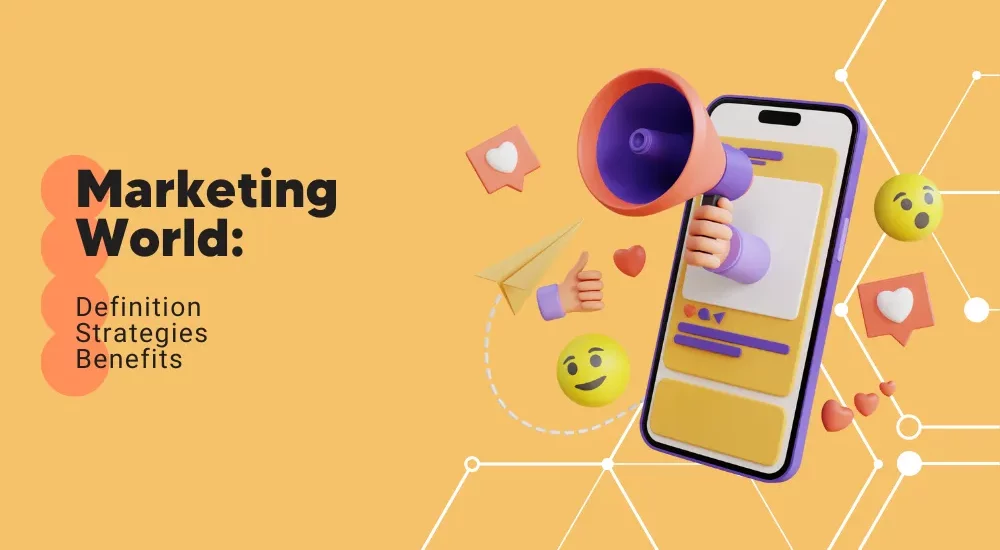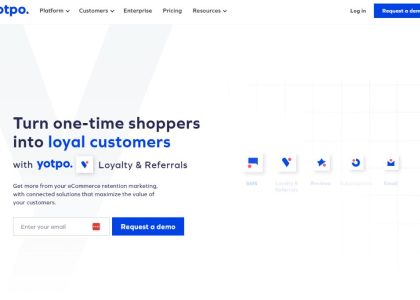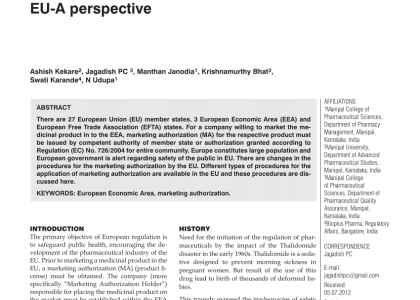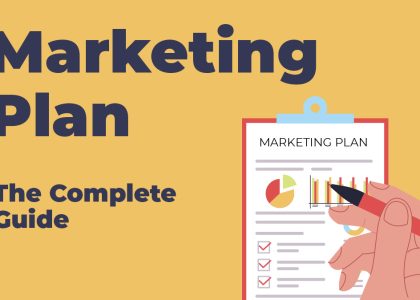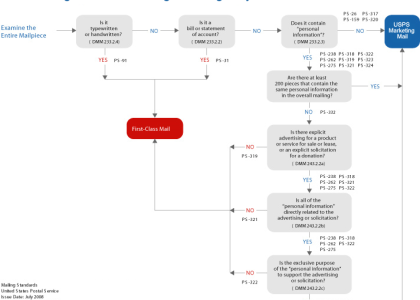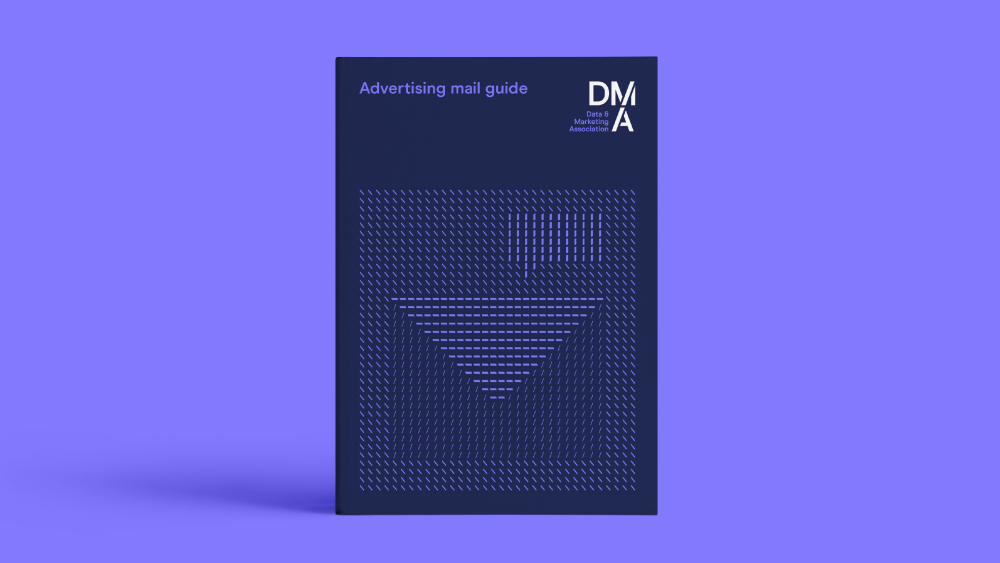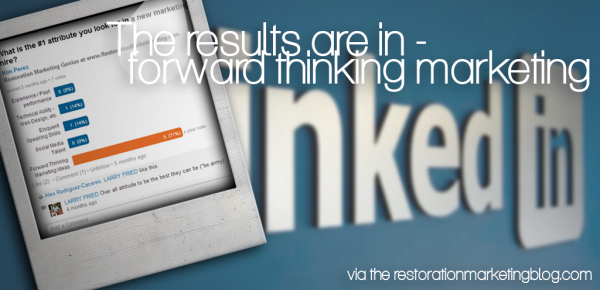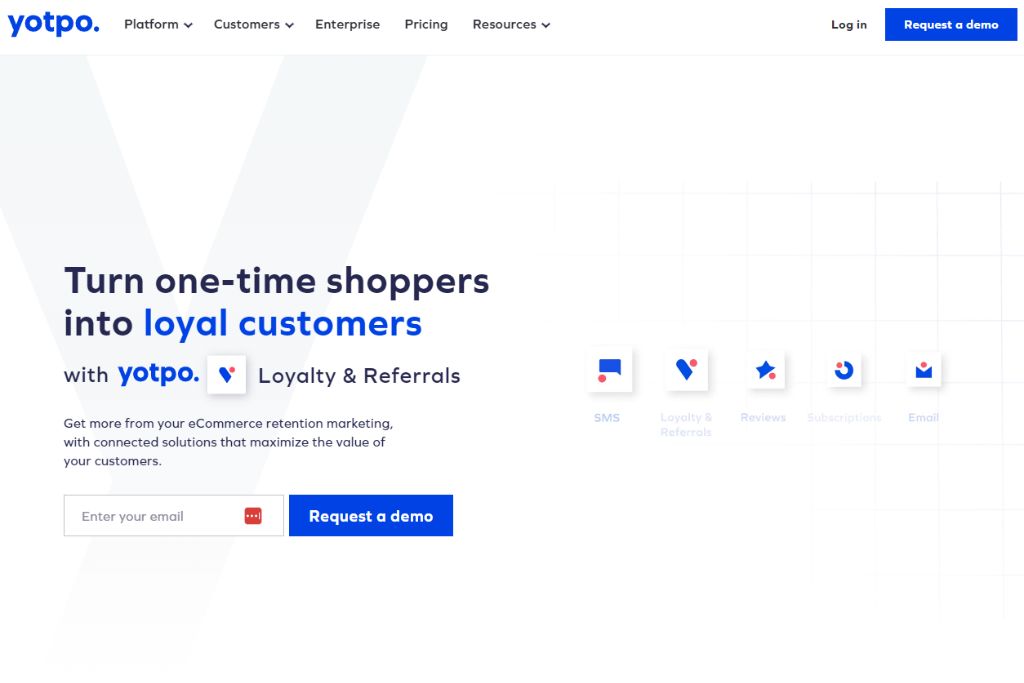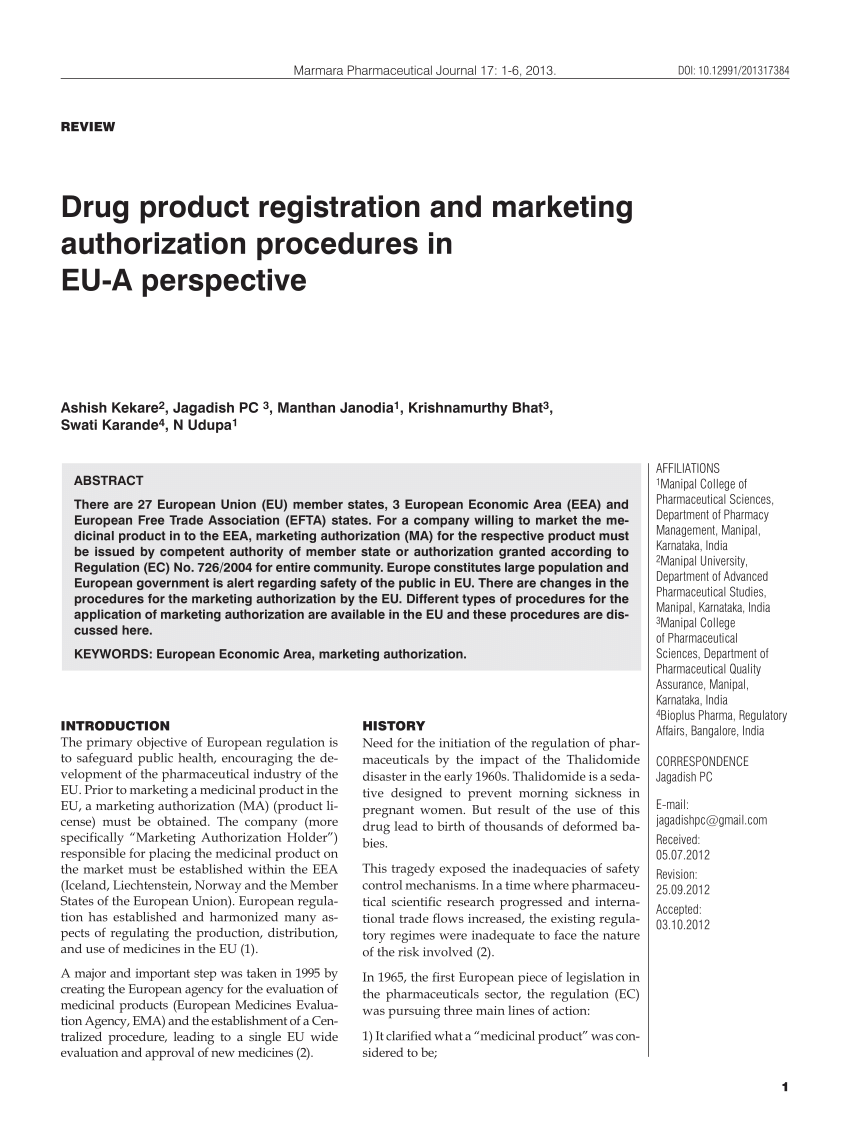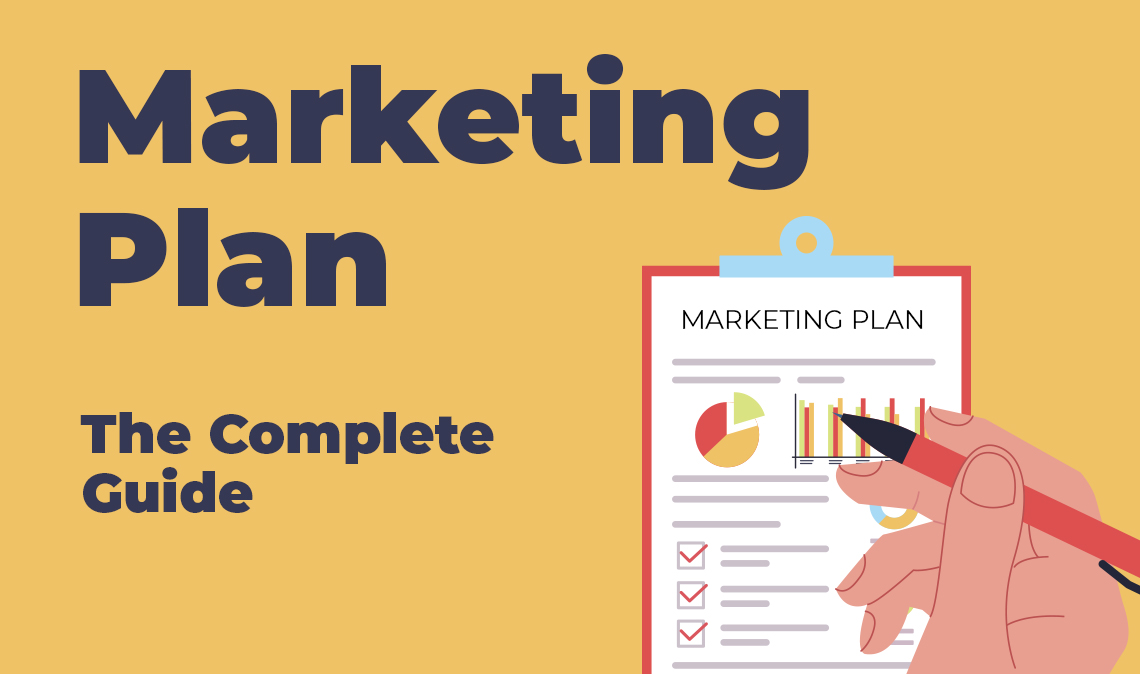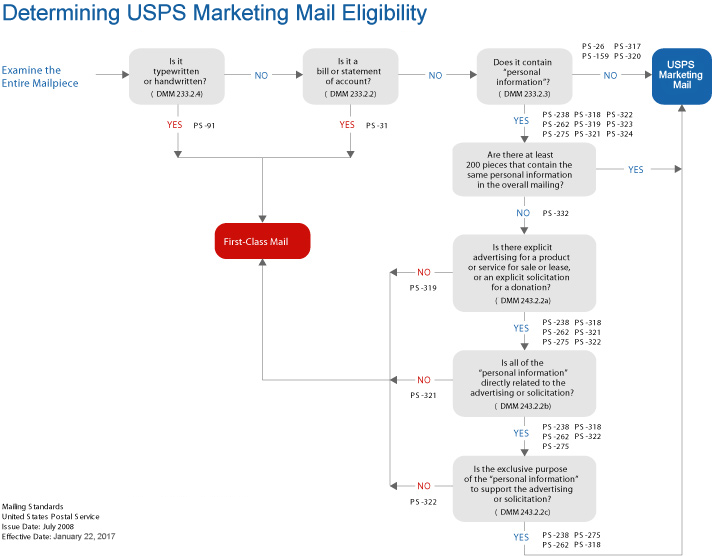In the rapidly evolving digital environment, Software as a Service, or SaaS, plays a significant role. Given the extensive adoption of this business model by numerous digital companies, it becomes pivotal to understand marketing within the context of SaaS. This article aims to shed light on SaaS marketing, deciphering its exact meaning, showcasing practical strategies, and highlighting its potential benefits.
Comprehending the nature of Software as a Service marketing demands initial clarity about the SaaS business model. In the present digital era, companies provide various software solutions not as tangible products but as an on-demand service. This results in a unique marketing landscape with its own rules and strategies. It’s crucial to bridge the knowledge gap in this area as effective marketing understanding can significantly impact SaaS business success.
While it is clear that SaaS marketing has substantial potential, the implementation of effective strategies requires a meticulous understanding of several factors. We will delve into comprehending the best practices and exercises that mark the path towards enhanced SaaS outcomes. Additionally, we will underline the myriad benefits attached with sound SaaS marketing strategies, elucidating how they improve the bottom line for digital companies.
Understanding the Concept of SaaS Marketing
SaaS marketing, at its core, refers to the promotional strategies employed specifically for selling subscription-based software services. Unlike traditional marketing techniques, these services are hosted online and users typically pay a recurring fee for continued access. This subscription model necessitates unique promotional approaches, hence the need to understand SaaS marketing fully.
Grasping the essence of SaaS marketing requires understanding its objectives:
- Creating awareness for the software solution,
- Attracting potential clients,
- Converting these leads into subscribers, and,
- Retaining subscribers for the long term.
These core goals are the driving force behind every effective marketing strategy, making SaaS marketing a critical component in realizing the business’s bottom line.
Promotion in SaaS marketing is unique because software services are intangible and typically don’t offer physical demonstrations. The marketing emphasizes the software functionality, ease of use, cost-effectiveness, and other essential details that prospective subscribers need to make their decision.
The Lifeblood of SaaS Businesses
SaaS marketing is crucial for the survival and growth of any subscription-based software business. It helps to ensure a steady stream of subscribers, which subsequently brings in recurring revenue – the lifeblood of these types of businesses.
In conclusion, SaaS marketing can be defined as the strategic promotional activities aimed at attracting, converting, and retaining subscribers to a software service. With software services increasingly moving to the subscription model, mastering SaaS marketing has never been more vital for businesses in the digital age.
Current State and Future Prospects of the SaaS Market
The software as a service (SaaS) sector remains one of the fastest-growing segments in the tech industry. It has transformed the way businesses operate across multiple sectors, becoming an indispensable part of modern corporate infrastructure. At present, the stakeholders in the SaaS market continue to reap the rewards of enterprise-wide digital transformation efforts, with global spending on cloud services, of which SaaS is a key component, steadily increasing.
As we move into the future, it is expected that the SaaS sphere will continue its growth trajectory. There are several contributing factors to this outlook, including the ongoing shift to remote work, the emergence of more sophisticated AI and machine learning techniques, the rising demand for big data analytics, and the general acceptance of subscription-based business models.
Key Trends to Watch
-
- Evolution of AI: Artificial intelligence (AI) will play an increasingly significant role in shaping SaaS offerings. From boosting productivity through automation to making sense of swathes of data through machine learning algorithms, AI is poised to revolutionize the SaaS market in a profound way.
- Mobile-first Approach: With the widespread use of smartphones and tablets, SaaS providers will continue to prioritize a mobile-first design. This shift is vital not only for improving the user experience but also to meet the rising demand for remote work solutions.
- Data Security: As businesses become more digitized, the question of data security inevitably becomes more pressing. It’s anticipated that future SaaS platforms will put greater emphasis on robust security protocols to protect sensitive user data.
In summary, the scope of the SaaS market is broad and growing. The industry’s expansion and importance of leveraging the cloud for service provision suggests an equally bright future, with the added scope for innovations and new technologies to shape its evolution. By understanding the current state and future trends, businesses can better prepare for the SaaS-dominated landscape that lies ahead.
The Significance of Marketing for Software as a Service: Reasons Why It is Crucial
Marketing for Software as a Service (SaaS) holds a significant role in the tech world. Distinguishing your software solutions in an ever-growing sector is a challenging task. Understanding and effectively implementing SaaS marketing techniques is crucial for the survival and growth of any SaaS business.
Grasping the Spotlight
Firstly, every day new SaaS solutions are flooding the market, posing a substantial threat to existing businesses. Having a robust marketing approach amplifies your brand’s visibility and enables you to stand out from the multitude of competitors. Without a cohesive and concrete marketing plan, a SaaS business might fail to grab the attention of potential customers, thereby losing out to competition.
Secondly, as SaaS products are often intangible and complex, customers tend to conduct thorough research before making a purchase decision. With effective marketing, you can make the understanding of your product’s features, advantages, and practical usage easier for your prospects.
Revenue Stream and Customer Retention
Additionally, SaaS marketing plays a pivotal role in sustaining a regular revenue stream. As SaaS business models are heavily reliant on monthly or annual subscriptions, maintaining a solid customer base becomes vital. Through personalised and consistent marketing efforts, you can improve customer retention, ensuring a steady influx of revenue.
Finally, SaaS marketing is not just about customer acquisition; it’s also about building long-term relationships with your users. A strong marketing strategy allows you to maintain an ongoing conversation with your customers, helping you understand their needs and preferences, and tailoring your offerings accordingly.
Given these points, it’s evident that SaaS marketing holds immense importance, highlighting the reasons it truly counts. By understanding your target audience, personalising your marketing efforts, and focusing on building relationships, you can ensure the survival and prosperity of your SaaS business.
Essential Goals and Aims of Promotional Activities in the Software as a Service industry
When it comes to SaaS marketing, there are several integral objectives and goals set to ensure successful promotional events. Each aim plays a significant role in contributing to the overall growth and advancement of the SaaS business.
Driving Customer Acquisition
One of the main objectives of SaaS marketing is to amplify customer acquisition. The target here is to captivate as many quality leads and potential customers as possible and guide them towards choosing your software services. The intention is to convince them that your software solutions are the apt choice to meet their specific needs and requirements.
Minimizing Churn Rate
Another essential goal in SaaS marketing is reducing the churn rate, which signifies the rate at which customers stop subscribing to your services. Converting leads into loyal customers, and keeping them engaged with your services for a prolonged period, becomes a critical focus. This involves consistently delivering excellent customer satisfaction and promptly addressing any customer grievances.
Boosting Customer Lifetime Value (CLV)
Boosting CLV is another critical objective of promoting services in the SaaS landscape. This refers to the total revenue a business can reasonably expect from a single customer account. The focus here is to maximize the value drawn from each customer during their subscription span. Strategies here mostly include up-selling and cross-selling efforts, as well as excellent customer service to promote prolonged usage of the service.
In conclusion, SaaS marketing aims to deliver a comprehensive and unique software solution that suits the distinct needs of potential customers, thereby assuring their long-term loyalty and maximizing revenue potential. Achieving these core objectives is essential for any SaaS business’s growth and success.
Essential and Effective Strategies for Promoting your SaaS Products
The competitive sphere of software as a service (SaaS) necessitates powerful marketing strategies that increase visibility, drive user acquisition, and foster customer retention. Implementing innovative and effective promotional methods can elevate your SaaS enterprise above the competition. Here are some crucial strategies to consider:
Content Marketing
Providing valuable and engaging content not only boosts your brand’s visibility but also establishes you as an expert in your industry. This type of strategy involves consistent production of insightful blog posts, informative eBooks, and engaging videos that directly address the pain points of your target audience. The main goal is to pull prospects into your purchase funnel organically and move them gradually towards conversion.
Search Engine Optimization (SEO)
SEO is undeniably one of the most beneficial tactics for SaaS marketing. Its main aim is to enhance your website’s visibility on search engine result pages (SERPs), thereby driving more organic traffic. Combined with content marketing, SEO helps to place your brand directly in front of your potential customers when they are actively seeking for solutions that your software provides.
Email Marketing
Email marketing allows you to maintain regular contact with your prospects and customers by providing timely and personalised content straight to their inboxes. This strategy is perfect for keeping audiences updated about your software updates, relevant industry news, and exclusive offers. Moreover, it can prompt users to take desirable actions such as software trial signups or purchasing upgrades.
Free Trials and Freemium Models
Offering free trials or freemium versions of your software can significantly increase user acquisition. These models enable potential customers to evaluate your product’s value and understand whether it caters to their needs before they make a commitment.
Remember, the effectiveness of these tactics is highly dependent on your understanding of your target audience and the unique benefits your software brings to them. Tailoring these strategies towards your specific audience and their needs is the key to successful SaaS marketing. Don’t hesitate to experiment and measure the effectiveness of each approach – finding the right marketing mix can potentially propel your software to new heights of success.
Effective Marketing Strategies in the World of Software-as-a-Service
The world has many examples of companies that have achieved success with innovative marketing strategies in the Software-as-a-Service landscape. Let’s take a look at some of these strategies that set the stage for impressive growth and customer satisfaction.
1. Slack: Leveraging Word-of-mouth Marketing
Slack is a well-known example of how powerful word-of-mouth marketing can be in propelling a SaaS company to the top. Initially, they relied heavily on their user-friendly interface and seamless integration with other tools to promote their product. As satisfied users started sharing their experiences with others, Slack saw an exponential increase in their customer base. Offering a freemium model also played a big role in attracting users and generating buzz.
2. Dropbox: Harnessing Referral Marketing
Dropbox brilliantly used a referral marketing strategy to increase their user base. They incentivized their users to invite others to join the platform by offering them extra storage space. As a result, they managed to grow their user base exponentially within just a few years.
3. Shopify: Focusing on Content Marketing
Shopify, a platform that helps businesses to set up their e-commerce stores, has created a niche for itself through effective content marketing. They consistently create valuable content to educate their users and potential customers about e-commerce and online selling. This strategy has helped them position their brand as a trusted advisor, leading to significant trust and loyalty from their user base.
4. Adobe Creative Cloud: Emphasizing on Cross-selling
Adobe Creative Cloud has brilliantly used cross-selling technique to promote their products. By offering a suite of interconnected services, they are able to encourage their users to try and purchase multiple tools, thus increasing their revenue potential. This strategy helps them leverage the value of existing customers and maximize their revenue per user.
These examples show that with the right strategies and execution, SaaS companies can achieve considerable success and growth.
Revealing the Advantages of Harnessing the Power of SaaS Promotion for Enterprises
Businesses across various industries are increasingly integrating Software as a Service (SaaS) marketing approaches into their operations. The adoption of these marketing methods promises a plethora of advantages, which are unlocking new business growth horizons.
One of the key benefits of SaaS promotion is its cost-effectiveness. Traditionally, companies had to invest heavily in physical software and hardware, which was not only expensive but also demanded constant maintenance. However, the advent of SaaS provided an inexpensive alternative, reducing the need to spend excessively on equipment, and thus freeing up more resources for the company.
Few More Advantages of Adopting SaaS Promotion
The flexibility and scalability of SaaS solutions are noteworthy benefits that businesses can’t ignore. With SaaS, your business has the freedom to swiftly adapt to changing business climate. More users can be easily added or removed depending on the demand.
-
-
-
- Incredible Accessibility: Employees can access services from any location with internet connectivity, thus promoting productivity.
- Enhanced Collaboration: SaaS marketing solutions often come with integrated collaboration tools, making it easier for teams to coordinate and work seamlessly on projects.
- Reduced Time-to-Market: Owing to the pre-built nature of SaaS applications, businesses can expedite the time-to-market for their products or services.
-
-
Lastly, security is largely improved with up-to-date software versions accessible via the cloud. This can equip businesses against emerging security threats and ensure constant functionality.
In conclusion, the numerous benefits offered by SaaS marketing undoubtedly warrant the attention of any forward-thinking enterprise. From significantly reduced costs, flexibility and impressive accessibility to meticulous security measures, it is evident that SaaS marketing is a game-changer in the business world.
Assessing the Effectiveness of Your Marketing Strategies in Software as a Service
The evaluation of your Software as a Service (SaaS) marketing campaigns is crucial to establishing a productive strategy and achieving business goals. Even the most effective strategy requires regular check ups and adjustments to maintain relevancy and effectiveness. To successfully make these adjustments, a thorough understanding of key performance indicators (KPIs) is necessary.
Identifying Key Performance Indicators
Key Performance Indicators are quantifiable measurements used to gauge the success of a strategy against predetermined goals. In SaaS marketing, it’s beneficial to track KPIs specific to customer acquisition costs, monthly recurring revenue, customer churn rate, and customer lifetime value. These KPIs offer insights into the overall financial health of your SaaS business, providing a better understanding of the value derived from your marketing efforts.
Besides the financial KPIs, measuring elements like website traffic, blog post views, social media engagement, email click-through rates, and conversion rates offer a deeper understanding of your marketing efforts. These metrics help identify what is working and what isn’t, allowing you to fine-tune your strategies and improve results.
Utilizing Analytic Tools
Effective measurement of SaaS marketing performance requires robust analytic tools. These tools can provide comprehensive data, making it easier to understand user behavior, track KPIs, and make informed decisions. You have several options in selecting analytic tools, with platforms such as Google Analytics, Mixpanel, and Kissmetrics being some of the popular choices among SaaS marketers.
Regular review and interpretation of this data allows for a deeper understanding of the effectiveness of your SaaS marketing efforts. It also makes it possible to adjust and optimize your strategies, helping to drive growth and success in your SaaS business.
Dealing with Typical SaaS Marketing Hurdles and Strategies to Counteract Them
SaaS marketing can be fraught with challenges, and overcoming them requires strategic planning and execution. Suitably documented below are some standard issues SaaS marketers face and the pre-eminent solutions to counteract them:
1. Difficulty in conveying value:
Given the fact that software as a service (SaaS) providers are selling an intangible product, defining and conveying value to potential customers can be a daunting task. Firstly, it is critical to comprehend the pain points of your consumers and highlight how your product can solve them. Secondly, offering a free trial or freemium model is an excellent way to let potential customers experience the product’s effectiveness first-hand.
2. High customer acquisition cost:
In the SaaS world, it can be quite costly to attract and convert new customers. Implementing inbound marketing tactics such as search engine optimization (SEO), content marketing, and social media promotion can provide a cost-effective, long-term solution. Additionally, focusing on customer satisfaction and building an effective referral program can aid in reducing customer acquisition costs through word-of-mouth marketing.
3. Customer retention:
Since SaaS operates on a subscription-based model, customer retention is a significant challenge. A lapse in service or discrepancies in performance can lead customers to switch to competitors easily. Emphasizing exceptional customer service, regularly innovating the product and ensuring seamless user experience are the keys to retaining customers.
4. Competing with large-scale players:
The SaaS market is highly competitive, and standing out among established, large-scale players can be challenging for smaller firms. Identifying a niche market segment, understanding its needs, and tailoring the product to meet these needs can positively differentiate your SaaS offering in the market.
In summary, while SaaS marketing can be complex and challenging, adopting the right strategies can help overcome these hurdles. Understanding the target market’s needs, providing exceptional customer experience, and leveraging effective SEO and content marketing tactics play a pivotal role in successful SaaS marketing.
The Influence of the Marketing for Software-as-a-Service on the Worldwide Business Environment
The worldwide business environment has experienced a transformational shift due the emergence of Software-as-a-Service (SaaS) marketing. This new approach to software delivery and marketing has spun the traditional business models on their heads, expanding new opportunities for businesses worldwide.
The Global Business Landscape and SaaS marketing
The Software-as-a-Service marketing approach allows businesses to use software applications that are hosted in the cloud, instead of purchasing, installing, and maintaining software on individual computers or servers. This major shift in software delivery and use has had a significant effect on businesses in every sector across the globe.
The cost-effective nature of SaaS has played a major role in its rapid adoption. Businesses are now able to cut down on upfront costs since the SaaS model works on a subscription basis rather than one large investment. This has opened doors for small to medium businesses to equip themselves with the same level of technology traditionally afforded only by conglomerate corporations.
Agility is another one of the key advantages of SaaS over traditional software. With the SaaS model, software upgrades and fixes are carried out remotely by the providers, freeing businesses from the need to do it themselves. Also, SaaS applications are often designed for easy integration with other SaaS offerings, allowing for seamless operations across diverse business functions.
-
-
-
- Enhanced business processes: With SaaS marketing, businesses of all sizes can streamline their processes since every user has access to the same version of the software. This eliminates discrepancies and disruptions in operations.
- Expanded market reach: SaaS companies themselves have been able to reach and offer their services across geographical boundaries, thus enhancing the spread of the worldwide business landscape.
-
-
The world of business has plunged into an era of disruption, due largely to the impact of SaaS marketing, with all signs showing this trend set to continue and further transform the global business landscape.
FAQ: What is saas marketing strategies
How is SaaS marketing different from traditional B2B marketing?
SaaS marketing is different from traditional B2B marketing in its focus on selling software as a service, which often involves a shorter sales cycle, the importance of digital marketing channels, and a greater emphasis on customer retention and lifetime value.
What key elements should a SaaS marketing plan include?
A SaaS marketing plan should include a clear content marketing strategy, targeted marketing efforts for the SaaS customer, the use of marketing automation tools, a strong digital presence through SEO and social media marketing, and performance metrics to measure success.
Why is content marketing strategy critical for B2B SaaS marketing success?
Content marketing strategy is critical for B2B SaaS marketing success as it helps establish the company as a thought leader, educates potential customers about the product, and nurtures them through the sales funnel, contributing significantly to marketing success.
How does influencer marketing benefit a SaaS marketing plan?
Influencer marketing benefits a SaaS marketing plan by leveraging the credibility and audience of industry influencers to promote the product, which can effectively reach potential customers and boost brand awareness in the SaaS industry.
What role does marketing automation play in SaaS digital marketing?
In SaaS digital marketing, marketing automation plays a crucial role by streamlining marketing tasks, enabling personalized customer interactions, and efficiently nurturing leads through the SaaS marketing funnel, ultimately leading to increased conversions.
Why is SEO an essential part of marketing for SaaS products?
SEO is essential in marketing for SaaS products as it improves online visibility, drives organic traffic to the website, and helps attract potential customers actively searching for solutions that the SaaS product offers.
How can a marketing manager measure the success of a SaaS marketing campaign?
A marketing manager can measure the success of a SaaS marketing campaign by tracking key metrics such as customer acquisition cost, lifetime value, conversion rates, website traffic, lead generation, and overall marketing ROI.
What are some effective marketing channels for promoting a SaaS service?
Effective marketing channels for promoting a SaaS service include digital marketing channels like SEO, content marketing, social media marketing, email marketing, paid advertising, and account-based marketing strategies.
How can SaaS companies use account-based marketing effectively?
SaaS companies can use account-based marketing effectively by identifying high-value target accounts, creating personalized marketing campaigns for these accounts, and aligning sales and marketing efforts to close deals with these key customers.
What is the importance of setting clear marketing goals for a SaaS marketing strategy?
Setting clear marketing goals for a SaaS marketing strategy is important as it guides the marketing efforts, ensures alignment with the company’s overall objectives, and provides a framework for measuring the effectiveness of different marketing tactics.
What type of marketing strategy is most effective for SaaS products?
An effective marketing strategy for SaaS products typically involves a combination of digital marketing tactics, including content marketing, SEO (SaaS SEO), targeted email campaigns, and social media marketing, focused on demonstrating the product’s value and benefits.
How can a marketing team effectively promote a top SaaS product?
A marketing team can effectively promote a top SaaS product by creating high-quality, informative content that addresses customer pain points, using data-driven marketing tools to optimize campaigns, and aligning marketing and sales efforts for cohesive messaging.
What is the importance of content creation in SaaS marketing?
Content creation is crucial in SaaS marketing as it helps in educating potential customers, establishing thought leadership, improving search engine rankings, and nurturing leads through the sales funnel.
How can a company develop an effective marketing strategy for its SaaS offering?
To develop an effective marketing strategy for a SaaS offering, a company should understand its target audience, define clear marketing goals, leverage SEO and content marketing, and utilize marketing automation tools for efficiency.
What role does SEO play in marketing a SaaS product?
SEO plays a significant role in marketing a SaaS product by enhancing online visibility, driving organic traffic to the website, and helping attract potential customers actively searching for solutions that the SaaS product provides.
What are some key metrics to measure the success of SaaS marketing efforts?
Key metrics to measure SaaS marketing success include customer acquisition cost, lifetime value, churn rate, conversion rates, website traffic, lead generation metrics, and overall ROI of marketing campaigns.
How can SaaS sales be improved through effective marketing?
SaaS sales can be improved through effective marketing by focusing on lead nurturing, highlighting the unique value proposition of the product, engaging with prospects through educational content, and using targeted marketing strategies to reach the right audience.
What considerations should a SaaS company make when choosing a marketing agency?
When choosing a marketing agency, a SaaS company should consider the agency’s experience in the SaaS industry, their understanding of SaaS marketing dynamics, the range of services offered, and their track record of success with similar companies.
Why is product marketing crucial for the success of a SaaS business?
Product marketing is crucial for SaaS businesses as it involves clearly communicating the product’s features, benefits, and differentiators, helping to position the product effectively in the market and attract the right customers.
How can a SaaS company effectively use its marketing budget?
A SaaS company can effectively use its marketing budget by prioritizing high-ROI activities like content marketing and SEO, using data to make informed decisions, continuously testing and optimizing campaigns, and investing in tools that automate and streamline marketing processes.

